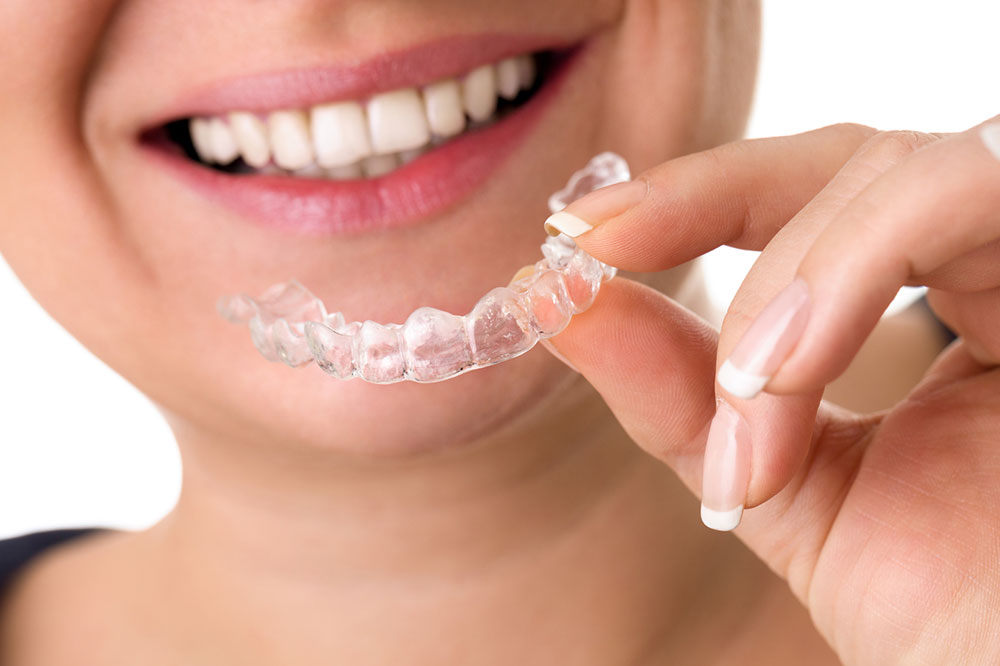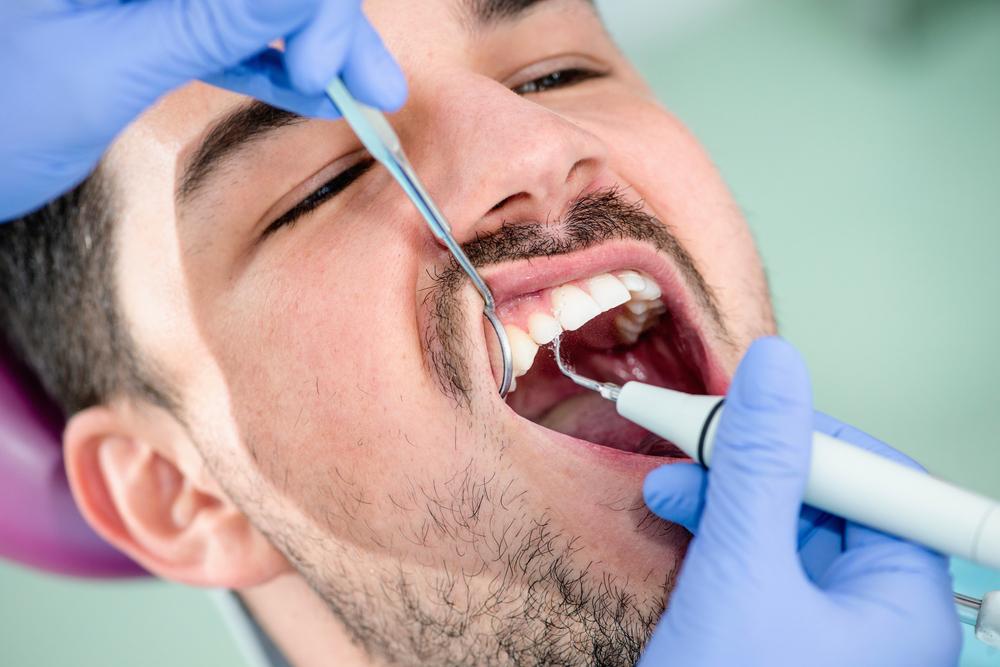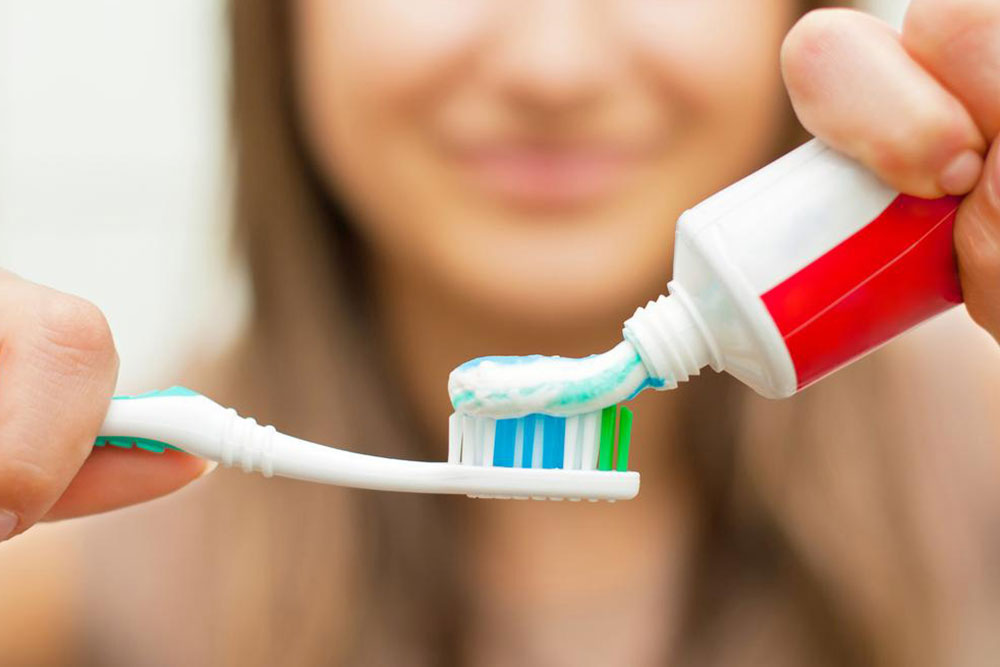Understanding Deep Bite: Causes, Risks, and Treatment Options
A deep bite is a misalignment where the upper front teeth excessively cover the lower teeth, leading to dental wear, gum damage, and aesthetic concerns. Early treatment is essential to prevent severe complications and preserve oral health. This condition often results from genetics and habits like thumb sucking, affecting jaw development and speech. Addressing deep bite early ensures easier correction and avoids long-term damage to teeth and jaw structure.
Sponsored

Dental issues can be quite uncomfortable and affect daily life. While common problems include cavities, tooth crowding, and root infections, a deep bite is another condition that requires attention. Here, we explore what a deep bite is and how it impacts oral health.
What is a deep bite?
It’s a dental misalignment where the upper front teeth excessively overlap the lower front teeth when biting down. This condition can cause severe damage to teeth and jaw health compared to other bite problems.
Deep bites can alter facial appearance, making the lower teeth appear shortened or uneven, sometimes resembling a bell-shaped smile. The lower front teeth may rise abnormally, and in advanced cases, the upper edges of lower teeth can even push into the palate, damaging gums or causing tooth erosion.
Problems Associated with Deep Bite
Deep bites can cause various complications including premature wear of lower teeth, difficulty chewing, and jaw pain. The upper front teeth can damage gums behind the upper jaw and interfere with jaw movement, often impacting smile aesthetics as well.
Causes of Deep Bite
Genetics significantly influence one’s likelihood of developing a deep bite. Bad habits such as thumb sucking or pushing the teeth back can worsen the condition, especially during childhood. These behaviors can influence jaw development and cause abnormal bite patterns, which may also affect speech, leading to issues like a lisp.
Importance of Early Treatment
Addressing a deep bite early is crucial because the condition tends to worsen over time. As teeth grind or clench, they wear down further, making later correction more challenging. Timely intervention can prevent extensive damage and improve oral health and appearance.






